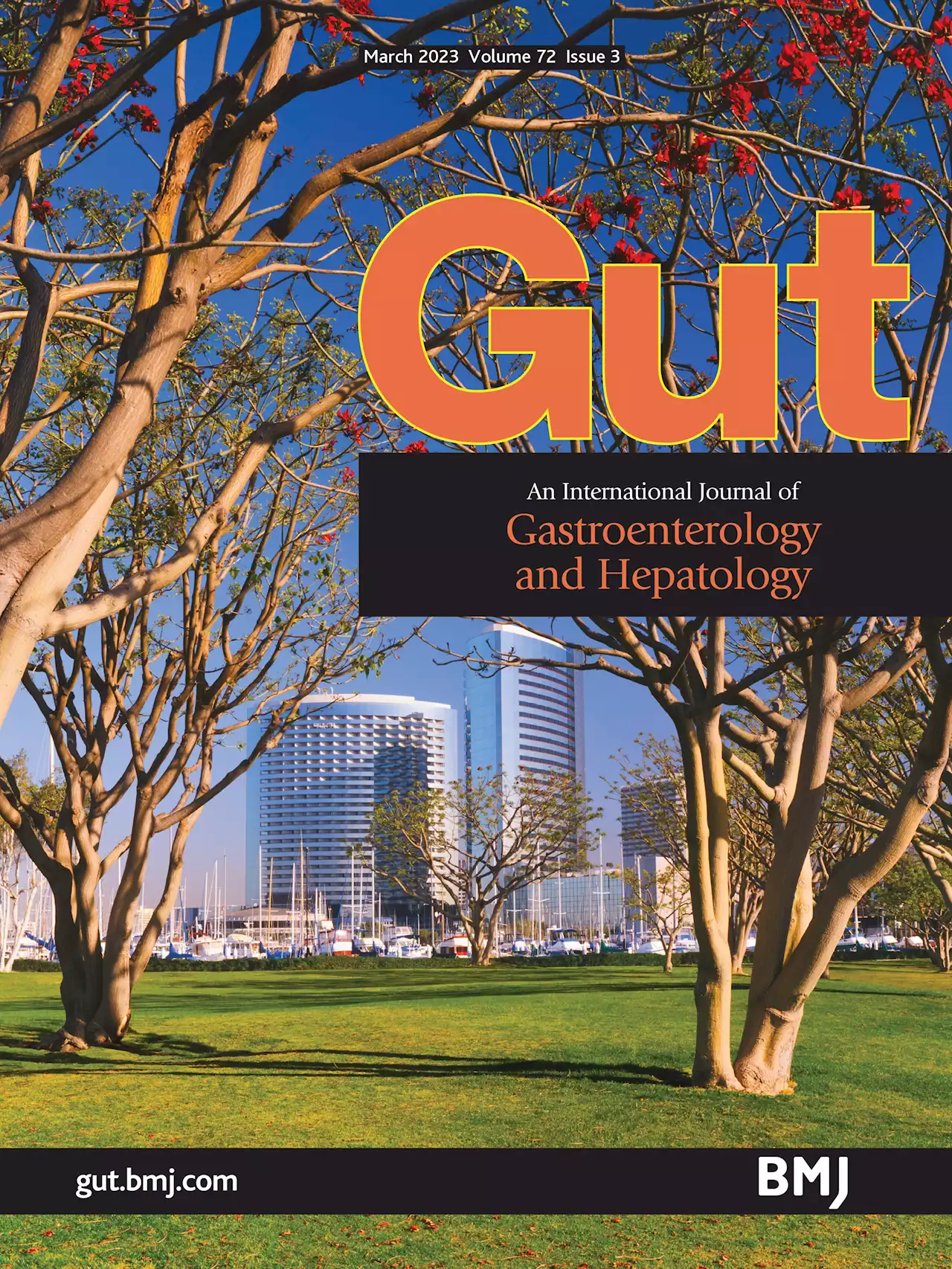Scientists said the coronavirus data included new sequences of the virus and additional genomic data based on samples taken from a live animal market in Wuhan in 2020.
Data from the early stages of the COVID-19 pandemic has provided crucial information on the outbreak's origins, according to researchers.was first identified in Wuhan in December 2019, with the Huanan live animal market widely suspected to be the source, before it rapidly spread around the world and killed nearly seven million people.
Scientists said it included new sequences of the virus and additional genomic data based on samples taken from a live animal market in Wuhan in 2020.The US Energy Department previously reignited debate on the origins of the COVID-19 pandemic by stating the virus may have come from a laboratory accident in the Chinese city of Wuhan.
The sequences showed that raccoon dogs and other animals susceptible to COVID-19 were present in the market and may have been infected - providing the experts with a new clue in the chain of transmission that eventually reached humans. "This adds to the body of evidence identifying the Huanan market as the spillover location of Sars-CoV-2 and the epicentre of the COVID-19 pandemic," the scientists said in the report.The authors who accessed the data included the University of Arizona's Michael Worobey, Kristian Andersen of Scripps Research in La Jolla, California, as well as Florence Débarre at the Sorbonne University in Paris.
The report also added more detail about other animals present at the Wuhan market, and showed that some of the COVID-positive environmental samples contained more animal than human genetic material, consistent with the animals being infected.
United Kingdom Latest News, United Kingdom Headlines
Similar News:You can also read news stories similar to this one that we have collected from other news sources.
 Joe Biden signs law releasing all Covid origin records including Wuhan lab linksThe Biden administration will continue to review classified information 'including potential links to the Wuhan Institute of Virology', stated the president.
Joe Biden signs law releasing all Covid origin records including Wuhan lab linksThe Biden administration will continue to review classified information 'including potential links to the Wuhan Institute of Virology', stated the president.
Read more »
 Post COVID-19 irritable bowel syndromeObjectives The long-term consequences of COVID-19 infection on the gastrointestinal tract remain unclear. Here, we aimed to evaluate the prevalence of gastrointestinal symptoms and post-COVID-19 disorders of gut–brain interaction after hospitalisation for SARS-CoV-2 infection. Design GI-COVID-19 is a prospective, multicentre, controlled study. Patients with and without COVID-19 diagnosis were evaluated on hospital admission and after 1, 6 and 12 months post hospitalisation. Gastrointestinal symptoms, anxiety and depression were assessed using validated questionnaires. Results The study included 2183 hospitalised patients. The primary analysis included a total of 883 patients (614 patients with COVID-19 and 269 controls) due to the exclusion of patients with pre-existing gastrointestinal symptoms and/or surgery. At enrolment, gastrointestinal symptoms were more frequent among patients with COVID-19 than in the control group (59.3% vs 39.7%, p|0.001). At the 12-month follow-up, constipation and hard stools were significantly more prevalent in controls than in patients with COVID-19 (16% vs 9.6%, p=0.019 and 17.7% vs 10.9%, p=0.011, respectively). Compared with controls, patients with COVID-19 reported higher rates of irritable bowel syndrome (IBS) according to Rome IV criteria: 0.5% versus 3.2%, p=0.045. Factors significantly associated with IBS diagnosis included history of allergies, chronic intake of proton pump inhibitors and presence of dyspnoea. At the 6-month follow-up, the rate of patients with COVID-19 fulfilling the criteria for depression was higher than among controls. Conclusion Compared with controls, hospitalised patients with COVID-19 had fewer problems of constipation and hard stools at 12 months after acute infection. Patients with COVID-19 had significantly higher rates of IBS than controls. Trial registration number [NCT04691895][1]. Data are available upon reasonable request. Data are available on reasonable request. All figures have associated ra
Post COVID-19 irritable bowel syndromeObjectives The long-term consequences of COVID-19 infection on the gastrointestinal tract remain unclear. Here, we aimed to evaluate the prevalence of gastrointestinal symptoms and post-COVID-19 disorders of gut–brain interaction after hospitalisation for SARS-CoV-2 infection. Design GI-COVID-19 is a prospective, multicentre, controlled study. Patients with and without COVID-19 diagnosis were evaluated on hospital admission and after 1, 6 and 12 months post hospitalisation. Gastrointestinal symptoms, anxiety and depression were assessed using validated questionnaires. Results The study included 2183 hospitalised patients. The primary analysis included a total of 883 patients (614 patients with COVID-19 and 269 controls) due to the exclusion of patients with pre-existing gastrointestinal symptoms and/or surgery. At enrolment, gastrointestinal symptoms were more frequent among patients with COVID-19 than in the control group (59.3% vs 39.7%, p|0.001). At the 12-month follow-up, constipation and hard stools were significantly more prevalent in controls than in patients with COVID-19 (16% vs 9.6%, p=0.019 and 17.7% vs 10.9%, p=0.011, respectively). Compared with controls, patients with COVID-19 reported higher rates of irritable bowel syndrome (IBS) according to Rome IV criteria: 0.5% versus 3.2%, p=0.045. Factors significantly associated with IBS diagnosis included history of allergies, chronic intake of proton pump inhibitors and presence of dyspnoea. At the 6-month follow-up, the rate of patients with COVID-19 fulfilling the criteria for depression was higher than among controls. Conclusion Compared with controls, hospitalised patients with COVID-19 had fewer problems of constipation and hard stools at 12 months after acute infection. Patients with COVID-19 had significantly higher rates of IBS than controls. Trial registration number [NCT04691895][1]. Data are available upon reasonable request. Data are available on reasonable request. All figures have associated ra
Read more »
 UN climate report: Scientists release 'survival guide' to avert climate disasterTechnology is providing solutions but the climate forecast is worsening, scientists say in major report.
UN climate report: Scientists release 'survival guide' to avert climate disasterTechnology is providing solutions but the climate forecast is worsening, scientists say in major report.
Read more »
